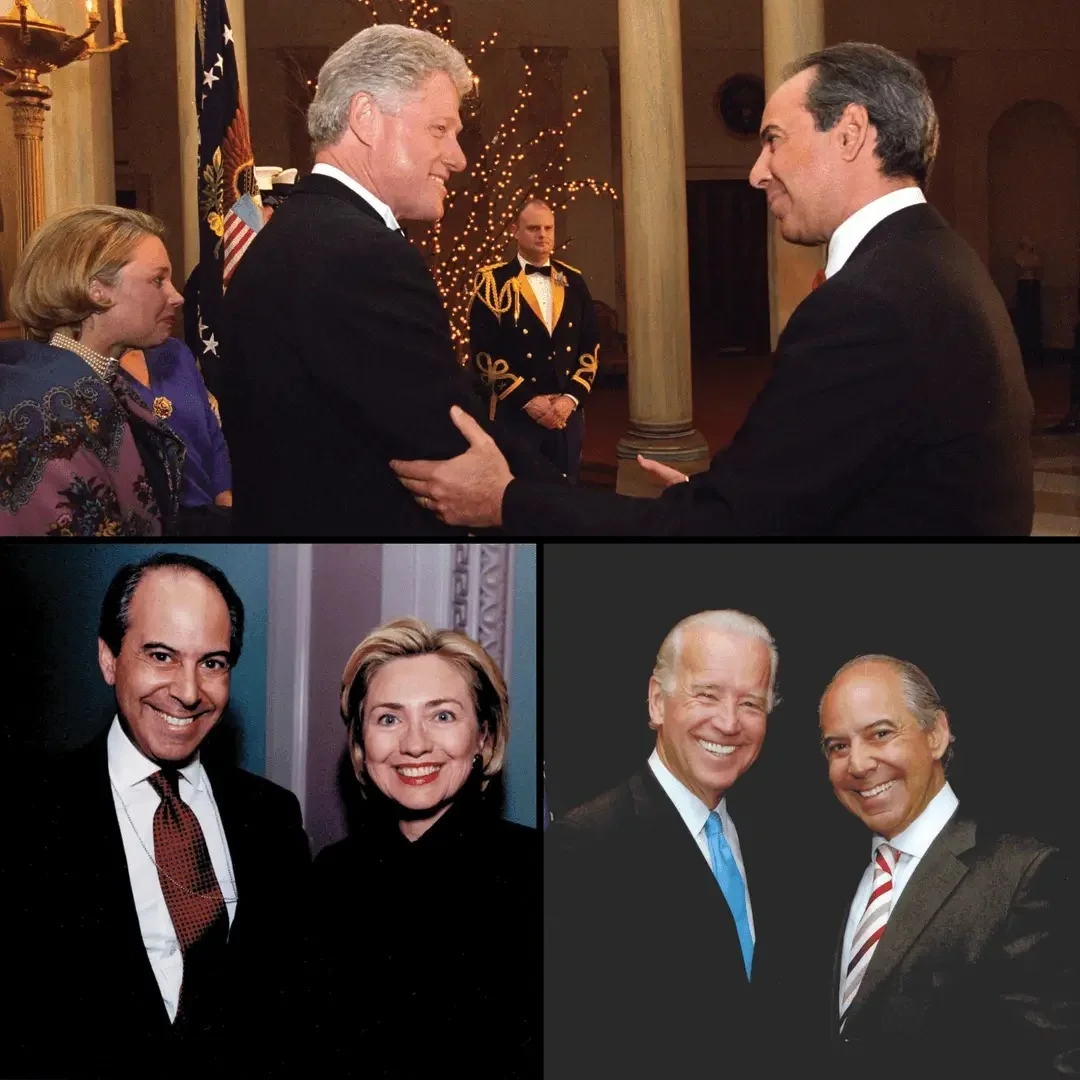Can a single book change how we think about crime, justice, and second chances? Iranian-American author Hassan Nemazee believes it can. Through his memoir "Persia, Politics & Prison," Nemazee transforms personal experience into powerful advocacy for criminal justice reform. His story shows how authors can bridge the gap between lived experience and policy change.
Writers have a big impact on public policy, even if most people don’t realize it. They take complicated issues and turn them into stories that feel real. They make abstract ideas easy to understand. Writers don’t just create books—they create change. They push lawmakers to act. When writers become advisors or consultants, they offer fresh ideas that go beyond just numbers and data.
Stories are powerful because they stick with people. Statistics are easy to forget, but personal stories leave a lasting impression. They create an emotional connection that numbers alone can’t achieve. When writers share real experiences, readers feel the impact. Policymakers notice when they explain how systems truly work. This makes writers credible in a way that traditional experts often aren’t.
Writers are also good at translating complex ideas into simple language. They take research and turn it into arguments anyone can understand. They turn jargon-filled concepts into clear and relatable points. They make policy papers easier to follow. Writers bridge the gap between the people who study problems and those who solve them. This skill is key for creating effective policies.
The internet has made it easier for writers to influence policy. Social media spreads their ideas quickly. Podcasts reach new audiences. Online platforms let them connect directly with lawmakers. Writers now have more tools to push for change and share their messages in real time.
Writers also bring moral authority to debates. They ask tough questions, challenge old ideas, and make people confront uncomfortable issues. Their words have the power to spark meaningful conversations and inspire change. When writers tackle hard subjects, people pay attention. Their personal experiences give them credibility with many different groups. This makes their policy ideas stronger and more persuasive..
The connection between writers and policymakers is growing. More writers are consulting with governments. More politicians are reading memoirs, not just policy reports. The line between storytelling and advocacy is becoming blurry. This creates new chances for writers to shape laws and policies. Writers who understand how government works can turn their ideas into real solutions.
To influence policy, writers need to build relationships with decision-makers. They need to understand the priorities and challenges these leaders face. They need to know how the government operates. Successful writers combine strong storytelling with practical ideas. Changing minds takes more than good writing; it takes strategy, persistence, and the ability to connect with people in power.
Visit Nemazee's website to learn more about his powerful memoir and discover how one author's journey from privilege to prison is reshaping conversations about criminal justice reform. His speaking engagements offer insights into how personal narrative can drive meaningful policy change.






